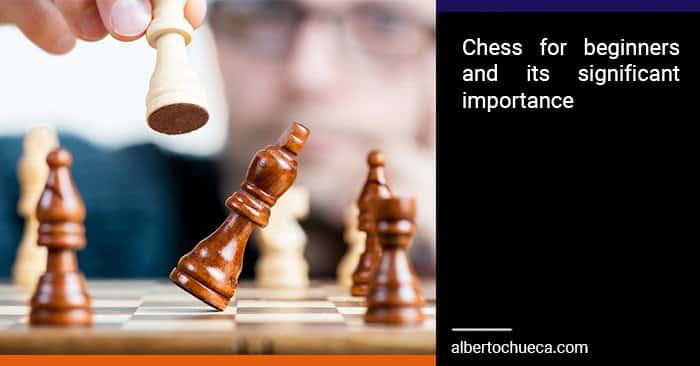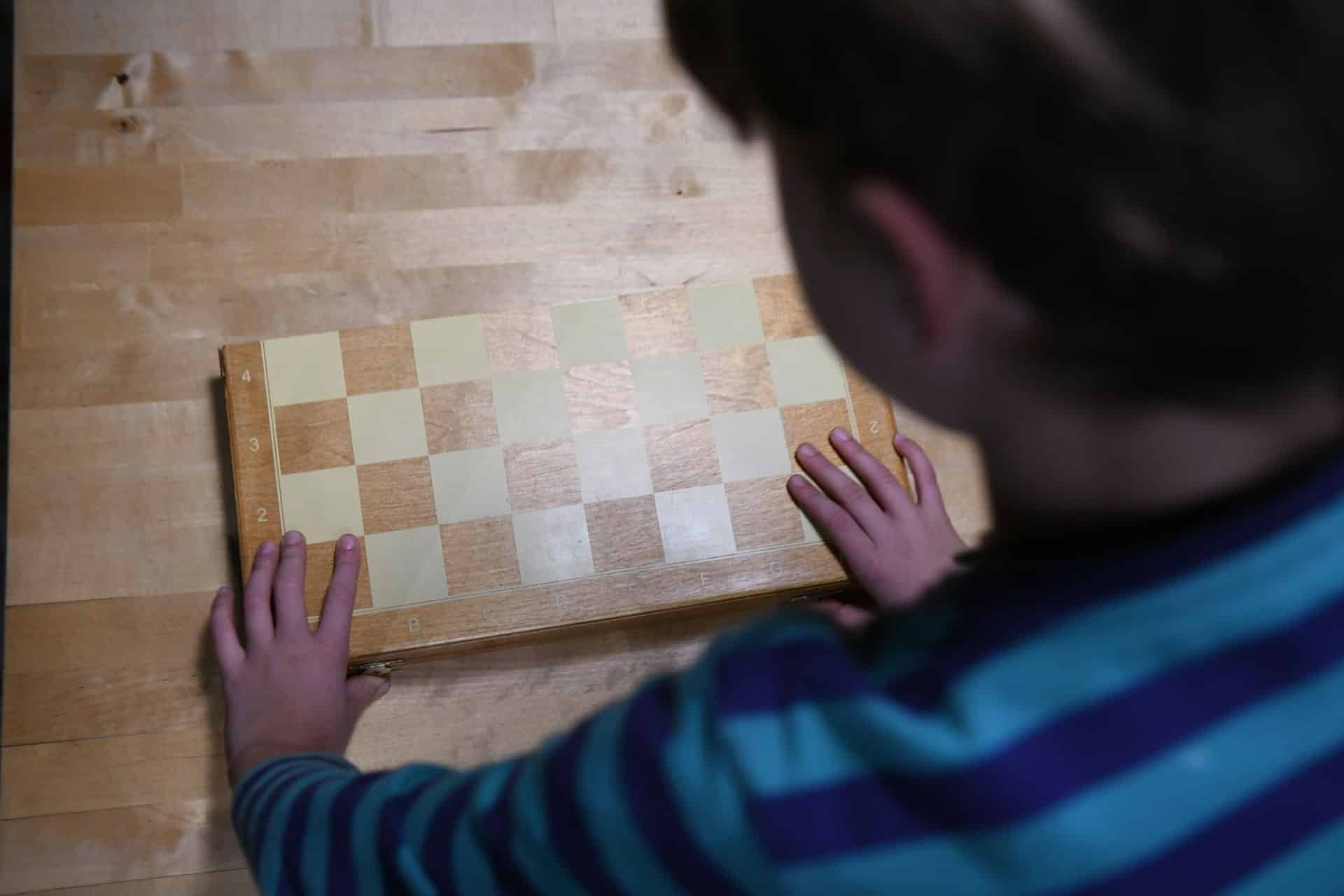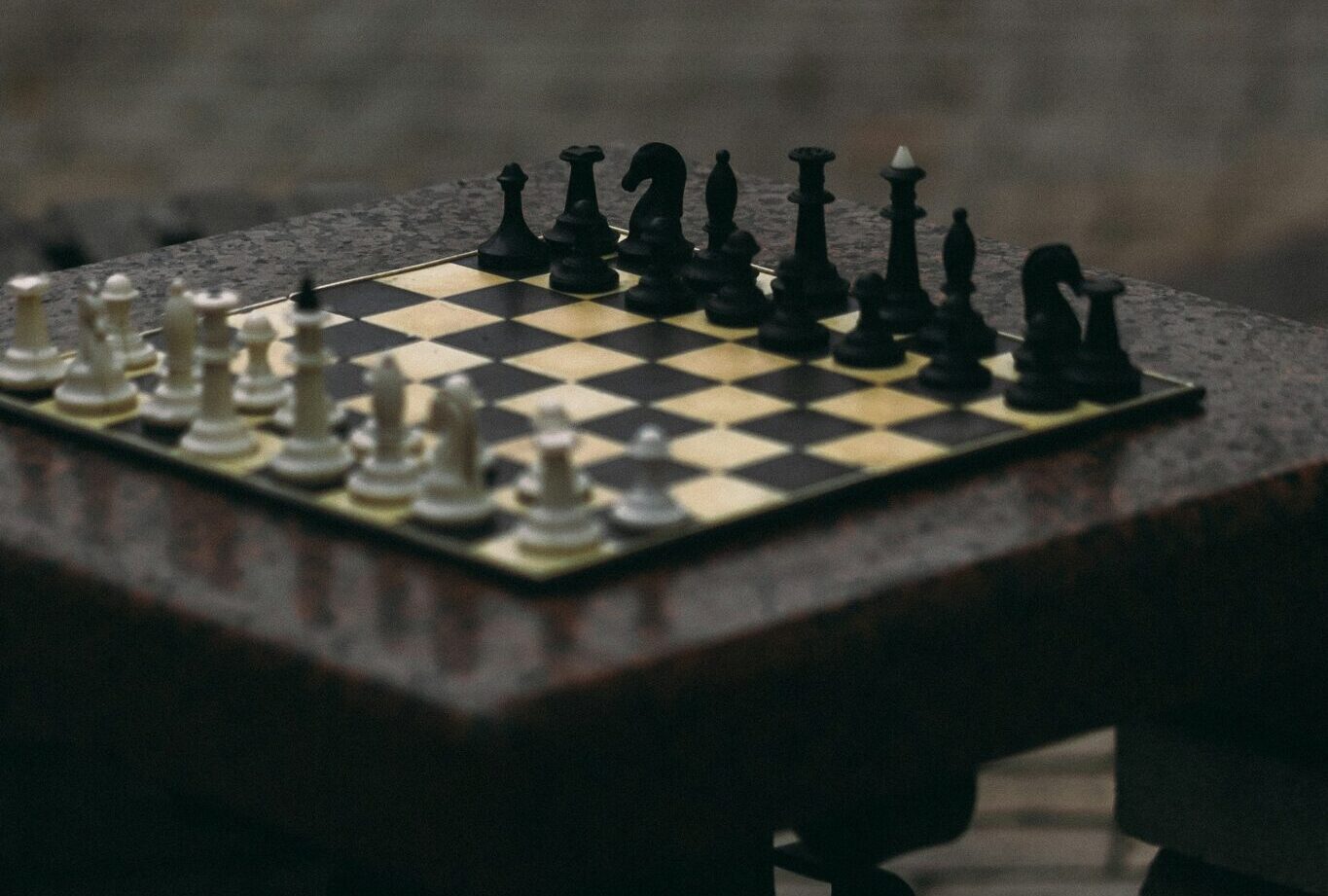Table of Contents
Chess for beginners
Chess is a sport. Millions of people in the world play it and almost everyone knows a bit of chess. Somewhere, in a news item, a magazine article, TV series or film. I assure you that you have heard or seen something concerning chess. The sport of chess has transcended from generation to generation to the present day. In this article, you will discover the keys in chess for beginners.
Why is it so popular? Chess is fun, it's exciting, once you enter its world everything changes, you try to improve, you become more analytical, it's easier for you to concentrate and focus and you simply enjoy it.
Its creation dates back hundreds of years, which is why it has many stories you should know.
Chess for beginners: Practice and constancy are some things you need to have.
Chess for beginners: It's simple. If you want to be part of this world and know the steps to learn chess from the beginning then this article is for you.
Step 1: Learn the basics
You should know about the board, the files, the ranks, the diagonals and the movement of each piece. The first thing you need to know is the chessboard is made up of sixty-four (64) squares. They're usually black and white. On the board, the pieces of the same color (black and white) will place and the game will begin.
Each piece has a movement and a name like: king, queen, bishop, knight, rook and pawn. Players must follow the initial placement that the pieces have.
Two (2) players play chess, although there are variations in games can play up to four (4) players, but it is not common and they have other rules.
Step 2: Know the pieces well.
As I mentioned before, each piece has its movement, after familiarizing yourself with the board and in which squares each of these pieces are placed, it is time to learn the way they move; whether they move forward, sideways or diagonally.
Step 3: Aim of the game.
Like any sport, chess has its objective. You should capture the opponent's king, doing checkmate, through a strategy that you will create. Then you will develop little by little until you achieve the objective movement by movement.
You should know when the king is threatened by an enemy piece is in “check” and when it has no more possibilities of movement is said the famous phrase: “checkmate.“
Not only because it is the main objective, you have to pursue only the king, there are also important pieces on the board that we must capture before the king, for example: the queen. If you capture minor pieces, it will help you to attack the king easier.
Step 4: Phases of the game.
The beginning of chess is known as opening, which then becomes middlegame and then the endgame. A common mistake in beginners is they focus too much on the opening phase. They believe that it is the most important thing, and although it is, it is not everything.
So if you are going to study and learn something well, it's better to start with the middlegame, followed by the endgame until you finally learn the openings.
This order guarantees that you can develop good games with people more experienced than you in chess. If you focus only on openings, after you make the moves you know, you won't know what else to do.
What I want to recommend is you can start with an opening you already know, the most basic or the most common and then defeat your opponent with a great middlegame.
Chess for beginners: The first step on the road
Step 5: Don't lose focus.
After you know how to play and have practiced it several times, you will realize chess goes beyond moving pieces. It is something much deeper that involves sorting out your ideas, having good tactics and creating a personal strategy.
At first, it may happen that you don't win many games as you would like, but the important thing is: don't lose focus and stay firm in achieving the goal. In reality, we all go through there, you just need to practice a lot and study so much. Then you will notice that you will get better little by little. If you want to advance faster, there are methods will help to you increase your level of play.
Step 6: Learn the basics concepts well.
Chess for beginners: The basic concepts are very important, the moves later become common. Some variations of the game, among others, are things can't be forgotten and it is important that you know and master them before you participate in any important chess tournament.
Some of the typical concepts in the game are: the center, the development, the initiative, the domination, the dynamic in chess, the passed pawn, the hanging pawns, the isolated pawn, the sacrifices etc… Having these concepts clear it is time to start using them and prepare yourself for a good game of chess.
Step 7: Solve exercises.
Solving chess exercises will help you, among other things, to understand how you should approach the game, the movement of the pieces, to get more agility and above all increase your learning.
Chess for beginners: (Advice)
You must do at least five exercises a day, it will allow you to calculate better in chess. It's not much but in a year it will be more than 1800 exercises!
Step 8: Get to know chess.
Chess has numerous terminologies, concepts and many other things you need to know. You should read about the rules, which without being many, are very important and that it is crucial for you to learn them. One of them can save you a point, for example: if you touch a piece, you have to move it.
The game can be played with time through a clock. Then you need to understand all the legal aspects of it also
If you've got doubts or you want to tell us your experience, write in the comments!
These were some tips for chess for beginners. If you're a beginner and you want to learn chess, the Academy is the best option that you can choose to start to learn chess properly. Check it here.






